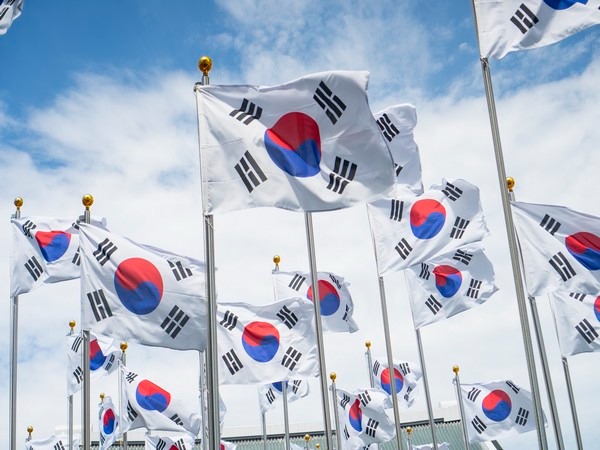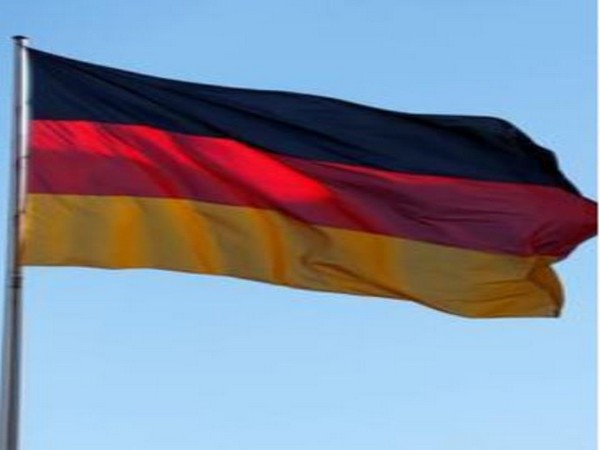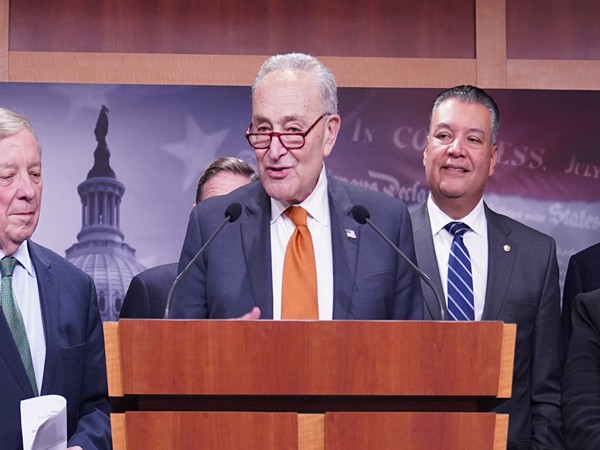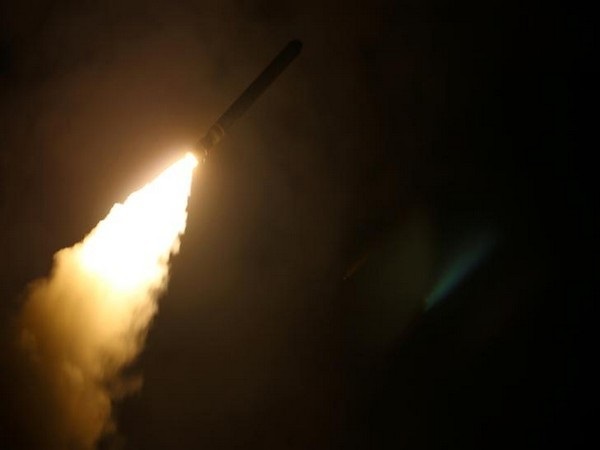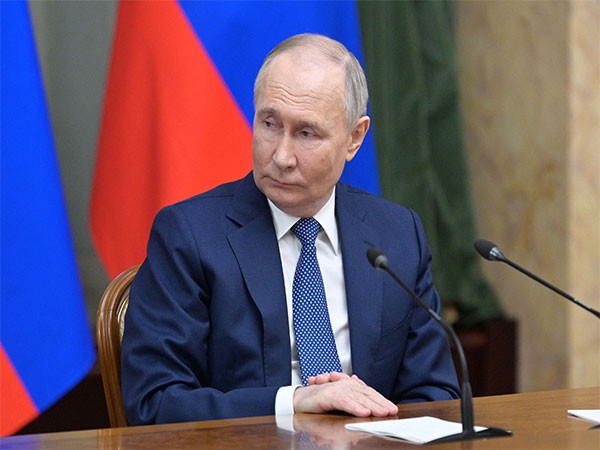
US, Japan, S Korea expand security ties at historic Camp David summit
Aug 20, 2023
Washington [US], August 20: The United States, Japan and South Korea deepened their security cooperation at what was dubbed a "historic summit" by the White House on Friday, in light of the tense security situation in the Pacific.
The three leaders, US President Joe Biden, Japanese Prime Minister Fumio Kishida and South Korean President Yoon Suk Yeol agreed on a host of security assurances.
Along with the duty to consult with each other in security crises, the leaders agreed on an emergency hotline between Washington, Tokyo and Seoul, according to the White House.
They also came up with an early warning system for possible problems in supply chains and agreed to meet annually from now on.
Biden added at a press conference after the summit that the leaders agreed to carry out annual shared military exercises.
The leaders of the three powers convened at the well-known Camp David presidential retreat in the Catoctin Mountain area near Washington - a venue that is historically only used for top-level meetings.The White House said the meeting marked "a new era of trilateral partnership." It was the first time during his tenure that Biden used the venue for a summit and also the first "stand-alone" meeting between the three governments, according to the White House.
During this "hinge point in history," the three leaders said, they were "determined to align (their) collective efforts because (they) believe (their) trilateral partnership advances the security and prosperity of all our people, the region, and the world."
The core takeaway from the summit was that the leaders agreed on stronger trilateral coordination regarding security issues, meaning they would "share information, align (their) messaging, and coordinate response actions." Biden has made the Pacific, the region stretching from India to the Pacific Ocean, a top policy priority.
He has found two common partners in Japan and South Korea, as they both share similar security concerns about North Korea and China asserting dominance in the region.
Biden praised his two partners for their "courageous leadership in transforming relations," as the two governments' frosty ties have recently thawed in light of shared threats.
Recent missile launches by North Korea have particularly troubled the three countries.
Biden said following Friday's meeting, that the focus of the meeting was not on China, although Beijing was discussed.
China was also a large focus of the press conference after the summit and in their final declaration, the three leaders referenced China's "coercive" South China Sea tactics, agreeing that they "strongly oppose any unilateral attempts to change the status quo in the waters of the Indo-Pacific." China's territorial claims in the waters have long caused tension in the region.
The US president held out the prospect of talks with Chinese leader Xi Jinping later this year, having last met the Chinese head of state at a G20 summit last year.
With regard to North Korea, the three countries agreed to exchange missile information in real time and cooperate more closely on ballistic missile defence.
Source: Qatar Tribune
